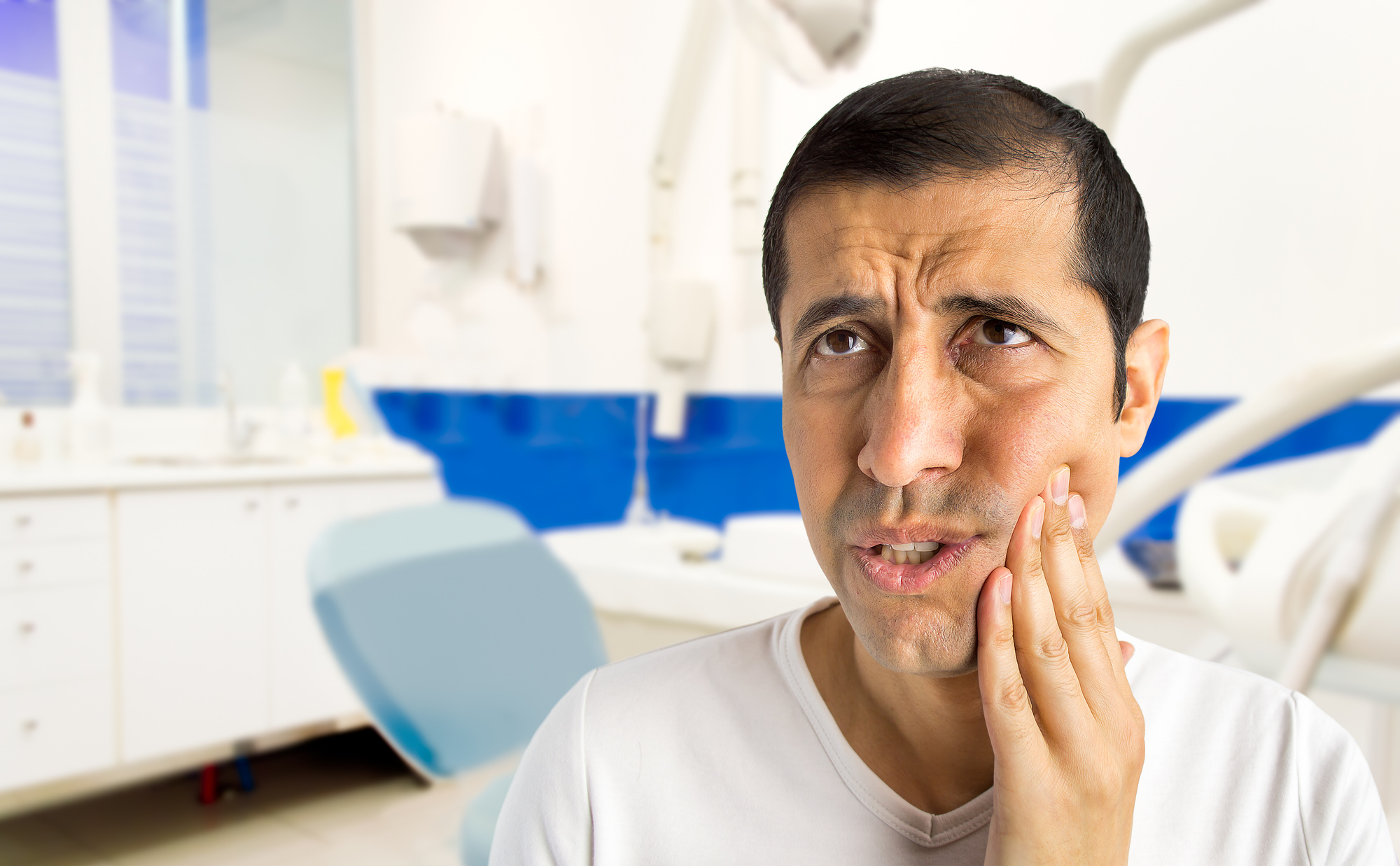Do you have an emergency dental problem?
Things happen. Sometimes, these things include requiring emergency dental care. Sometimes, the pangs of dental pain prevent you from finding a dentist and making an appointment.
It’s common to experience an emergency if you have a physical problem with your teeth. This means that you need to get in touch with an emergency dentist right away.
Doing so is essential as time is of the essence. Keep reading to find out why dental emergencies are something that you need to attend to right away.
Determine If Your Dental Issue Is a True Emergency
Dental emergencies can be serious and can include an abscess, broken teeth, severe tooth pain, bleeding, and/or infection. If you have any of these symptoms, contact a dentist immediately by phone or online scheduling requests. With some emergenices, it may be possible to treat the issue at home by rinsing with warm salt water, taking pain relievers, and applying a cold compress to reduce the swelling.
When calling a dentist, give them a detailed description of the emergency and be prepared to answer questions about your medical history. Once the doctor has assessed your issue and determined the best approach, he or she will be able to provide you with the best treatment option for your emergency.
Where to Go for Quick Access to Emergency Dental Care
The best place to go is an urgent care clinic or your local emergency room. If your dentist does not offer evening or weekend appointments, an urgent care clinic might be a better option due to shorter wait times. Make sure to contact your insurance company before visiting an urgent care clinic, as some may not be covered by your insurance plan.
If you find yourself in an emergency room, the staff will be able to help you if the problem is more serious. If the emergency is not serious and can wait a few days, it is best to make an appointment with your regular dentist, who will be able to provide more in-depth care.
What to Do If You Have a Knocked-Out Tooth
If you have a knocked-out tooth, time is of the essence. The first thing you should do is locate the tooth and pick it up by the crown, avoiding touching the root. Rinse the tooth gently with water to remove any dirt or debris, but do not scrub or remove any attached tissue.
If possible, try to place the tooth back into its socket and hold it in place by gently biting down on a clean cloth or tissue. If you are unable to reinsert the tooth, place it in a container of milk or saliva and seek emergency dental care immediately.
What to Do If You Have a Chipped or Broken Tooth
If you have a chipped or broken tooth, save any broken pieces and rinse your mouth with warm water to remove any dirt or debris. Apply a cold compress to the affected area to reduce swelling and relieve pain. If there is severe pain or swelling, and if you notice any visible damage to your teeth, you should contact your dentist or an emergency dental clinic right away.
In the case of a chipped tooth, the dentist may recommend a bonding material or filling to reconstruct the tooth. If a broken tooth is the result of tooth decay, the dentist may suggest filing, crowning, or extracting the affected tooth. Your dentist will be able to provide the best treatment for your situation.
What to Do If You Have a Severe Toothache
If you have a severe toothache, contact your dentist and see if they have availability for an appointment, or ask them to refer you to another provider if they don’t. You can also go to an urgent care facility or an emergency room but bear in mind that they won’t be able to do as much for you as a dedicated dentist, as they typically won’t perform a root canal or tooth extraction there.
In any case, it’s important to act fast and get the care you need. Painkillers can only do so much in this situation, and the sooner you take care of the problem, the better.
Using Insurance for Dental Emergencies
Emergency dental care can usually be obtained when needed. However, in some cases, it may require supplemental insurance to make it more accessible. If you are looking to use insurance for a dental emergency, there are several options available to you, depending on the coverage you have and the severity of the dental issue.
Generally, dental insurance may be used to cover the cost of procedures, such as fillings, extractions, dentures, or when you need to get Invisalign treatment. Insurance may also be used to help with the cost of an emergency hospital visit related to an oral health issue.
Be aware that not all dental insurance plans cover a dental emergency, and it is best to check with your employer, insurer, or dental insurance provider for more information about your coverage before seeking care for a dental emergency.
Preparing for Future Emergencies With Regular Care
It is important to remember that preparing for future emergencies is essential to good oral health. Establishing a good relationship with a trusted dentist early on will help insulate you from potential inconveniences during an emergency.
Regular visits to the dentist should include checkups and cleanings, which will allow the dentist to identify any issues early on and provide preventative care. Aim to get regular at-home care, such as brushing and flossing, and consider adding small maintenance measures, such as mouthwash and a water flosser.
Know What to Do in Case of a Dental Emergency
Dental emergencies can be a painful and stressful experience, but knowing what to do in a dental emergency can help you manage the situation effectively and potentially save your teeth. Remember to assess the severity of the situation, seek emergency dental care if necessary, and take steps to prevent dental emergencies from happening in the future. With proper care and attention, you can maintain good oral health and prevent dental emergencies from interfering with your daily life.
Found this article useful? Browse around the rest of this section to make sure you catch the latest news.







